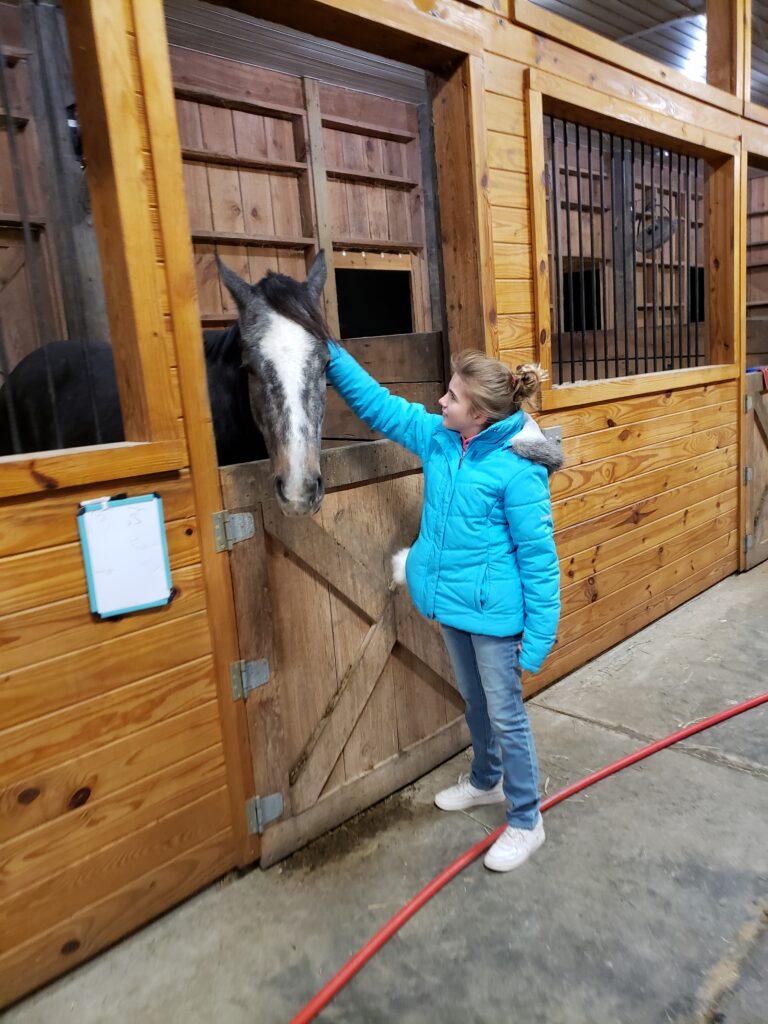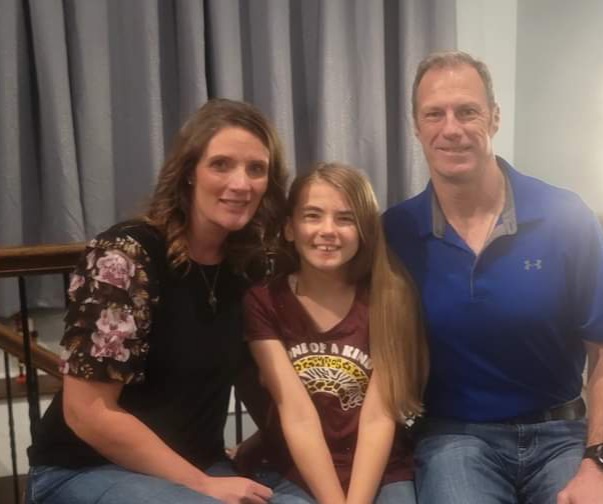
As the COVID-19 vaccination divided people who had different schools of thought, a North Carolina teenager adopted from Ukraine was reportedly denied a kidney transplant from Duke University Hospital.
Her newly adopted parents were not keen on forcing her to take the vaccine. Chrissy and Lee Hicks heard of others getting organ transplants at Duke who were unvaccinated, so they were hopeful it wouldn’t be a problem for their daughter.

According to a recorded phone call between the Hicks family and Duke obtained by the Washington Examiner, the woman who identified herself as Katherine, the transplant coordinator, said, “In order to proceed, you would have to follow our recommendations for up-to-date vaccine status because otherwise, it wouldn’t be medically safe for her to be transplanted because she would be more susceptible to diseases.”
Since the COVID-19 vaccine was being referred to as only a “recommendation,” Lee asked for clarification in the phone call.
“OK, so to clarify, this is a recommendation versus a requirement?” Lee Hicks said.
“Well, I can’t require you to do anything. I can recommend these things. But if you don’t follow our recommendations, then Yulia can’t be a transplant candidate here,” the Duke representative said.
The Washington Examiner spoke with Chrissy Hicks in detail about what happened.
“You know, we say we fight for Ukraine, all this stuff about Ukraine,” she said. “But there was a Ukrainian in Duke’s backyard, and they wouldn’t save her.”

Yulia Hicks’s story went viral, and the Hicks were able to find treatment at ECU Health. They had upward of 40 people reach out and offer to be a donor.
CLICK HERE TO READ MORE FROM THE WASHINGTON EXAMINER
The Hicks are working with the American Constitutional Rights Union to get Yulia’s Law passed by the state legislator. The law would prevent discrimination of vaccination status for an organ transplant. So far, Yulia’s Law passed in the North Carolina House but has been stalled in the state Senate. The ACRU is working to bring the bill to the floor in May.
The Washington Examiner reached out to Duke University Hospital for comment but did not receive a response.






